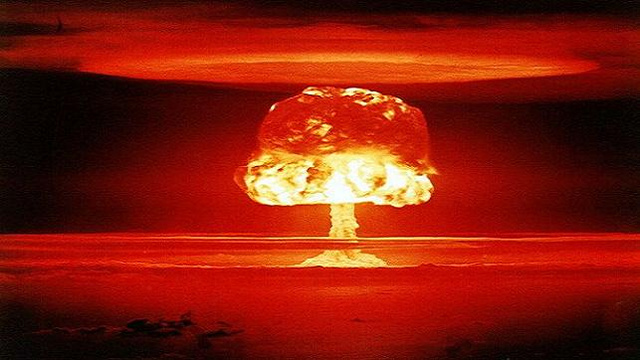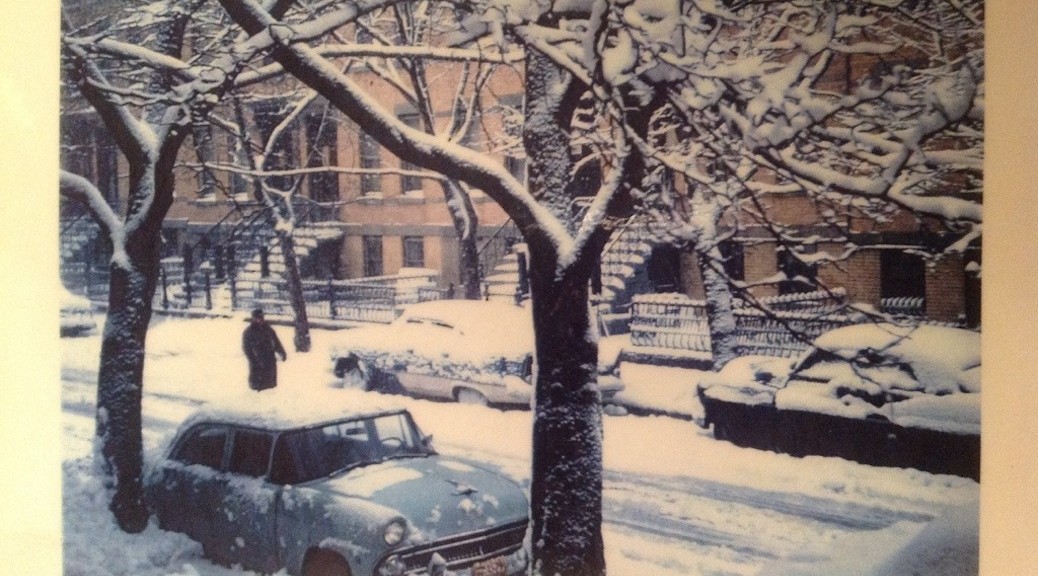A mom and grandmother push an angry infant in a stroller. A two-year-old girl with dirty blonde curls flails at her restraints. She arches her back trying to snap herself loose and expels primal howls of want. If you had no visual and only heard her screams you would think the girl was either being murdered or was committing a murder. She doesn’t care that she looks and sounds crazy. Kids have to learn how to be sane.
I am a half a block away from the trio when the screams first catch my attention. I am walking the opposite direction. We will soon overtake each other. Once I spot them I feel my steps quicken. The little girl is a magnet of anger and id.
I have been where they are many times. Every parent thinks s/he can win a battle of wills with a two-year-old and every parent is proven wrong. You want to demonstrate you will not give a child what she wants just because she wants it. You want to instill some idea of patience and propriety. And then one day you’re out in public with your kid and she loses her mind over something trivial and suddenly your larger point is subsumed by the need for a few precious moments of peace.
The grandmother silently acquiesces to the little girl’s shrieking pleas. She reaches into a bag slung over the back of the stroller to produce the prize that will restore order to her universe. What the girl wants is a tiny toy gun. Assembled in garish plastic of purple and yellow and green. Shaped like a 1950s idea of a Martian weapon. It is a gun all the same.
The moment the little girl has the gun in her hands she points it at the only living thing in her line of sight. That thing is me. I am five or six feet away when she aims the gun at me and looks down the barrel and jabs it in my general direction. She doesn’t say bang bang but the motion has the same effect. After each “shot” she jerks the gun back and sets it up again as if reacting to recoil.
She adjusts her aim as I get closer and continues to “fire” at me even as I draw parallel to her stroller. The mom and grandmother are relieved the scene she caused is over and say nothing.
I pass them by and continue on my way. The little girl continues on hers being chauffeured toward new targets.

